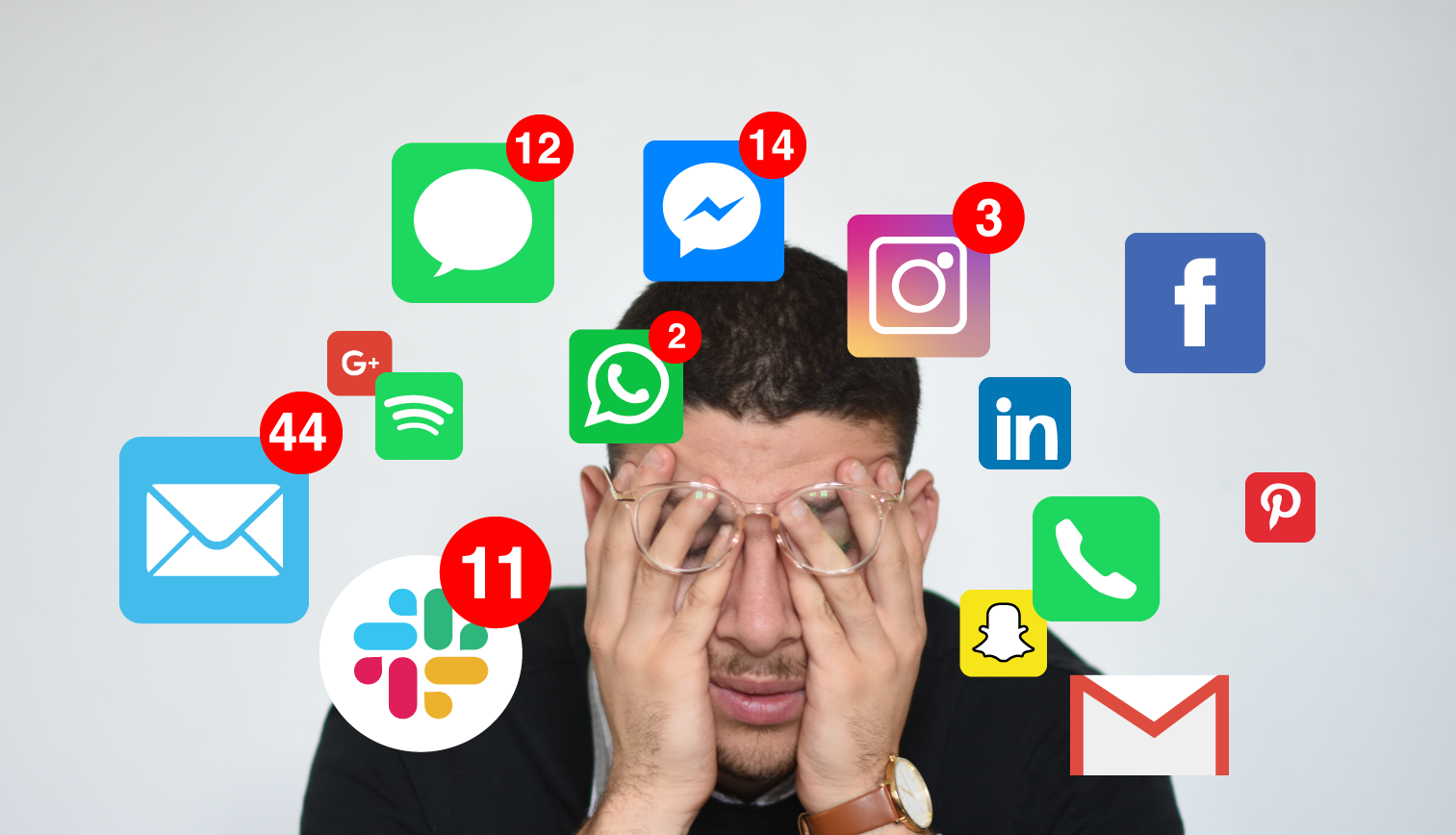It was the 14th time I hovered my thumb over the empty space where my instagram app used to be, when I realized that my social media addiction was more invasive than I thought.
As I sat on the bus that Monday morning, I felt anxious, bored and fidgety – a recipe that I knew could only be cured by scrolling through my ex-best friend’s homecoming pictures.
I’m weak. Sure enough, I re-downloaded the app on the bus. I did this so I could receive the hit of dopamine that comes with looking at pictures of humans I barely know, getting likes, comments, validation and all that fun stuff we do on our mobile devices. Dare I sit with my own thoughts and self regulate my inner dialogue for 20 minutes straight without distraction?
I often feel like I have little-to-no control over my experience with my technological devices. We have allowed it to be normal for our minds to be constantly interrupted with notifications, messages and funny dog memes.
I wish it was as easy as deleting the apps, but social media and phone usage goes deeper than that. So here I am, still grappling with how to exist in an overcrowded, oversharing world of communication – and I’m assuming you are too.
Here’s the thing: I find researching phone addictions quite frustrating. Often times article headlines will be along the lines of, “Six easy ways to get off and stay off your phone!” or “Three Simple tools to curb your phone addiction!” or even, “I got rid of my phone and my life has never been the same!”
I just don’t buy it. I feel like my phone addiction can’t be fixed with “Seven great tips” because this problem goes beyond life hacks. Similar to false weight loss diets that tell you to drink green juice and rub kale on your temples, these quick fixes are ridiculous. We need to learn more about the psychology behind why we depend on our phones, how the companies make money and how to change our philosophy.
Cal Newport, an associate professor at Georgetown University in Washington, and writer of the book Digital Minimalism, has been researching this epidemic extensively over the past few years and providing practice and frameworks to bring balance to people’s lives.
The movement Digital Minimalism is about living deliberately. Newport says when integrating new technology into your life, one must weigh their costs and benefits. One of the major costs of modern technology is solitude deprivation.
“A state in which you spend close to zero time alone with your own thoughts and free from input from other minds.”
Newport explains that having time alone creates opportunities for problem solving, self regulating, focusing, de-stressing and getting creative. Our discomfort with boredom is an epidemic, and our brains were not built for this constant stimulation. This has caused a mental health crisis. The ubiquitous nature of our cell phone use has been increasingly linked to the rise in anxiety and depression, especially in young people born after 1995.
Now is the part where I would give you a list of strategies to help you with this addiction. But alas, that would be hypocritical.
Instead, we need to educate ourselves on this overpowering issue of addiction and make significant lifestyle changes. Reading books like Newports’, researching, sharing your anxieties with peers and demanding more regulations from Facebook, Google and the powers that be are a few first steps.
Newport writes, “it’s easy to be seduced by the small amount of profit offered by the latest app or service, but then forget its cost in terms of the most important resource we possess: the minutes of our life.”
The most valuable commodity in our economy is your attention – so I hope I have it.
Graphic by @sundaeghost




